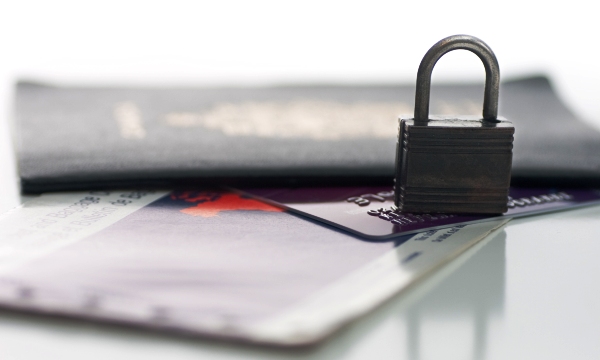You can survive the season without suffering a fiscal holiday hangover. By examining the reasons for overspending, planning expenditures, and identifying what’s important to your family, you can rein in your spending and rediscover the joy of the holidays.
USA Today recently reported that Holiday shopping will be bigger this year. They quoted a recent American Express survey, which said “38% of consumers said they’ll spend more on the holidays this year in anticipation of a more celebratory season. On the one hand, that’s a good thing, because the holidays are supposed to be a happy, positive time. But the last thing consumers need is a pile of credit card debt to close out the year.”
In other words, they need to avoid a holiday spending hangover.
Tradition Influences Spending Habits
Examine your motives. What fuels the gift-giving mania? Tradition strongly influences holiday spending habits. If your family always broke the budget to buy presents for every living relative, odds are you’ll carry on the practice. So even though you haven’t seen Aunt Connie in five years, you buy her a gift.
Then there’s the time factor. People’s lives are busier than ever before. Decades ago we used to make gifts at home. Now we just buy it all because it’s easier. Hectic schedules may prevent us from shopping until the official rush begins after Thanksgiving. By then, we’re battling throngs of shoppers and racing through town looking for something, anything, for people on our list.
Overbuying Encouragement
Malls cater to our desperation; witness the appearance of countless specialty stands and calendar kiosks that appear only during the holiday season. Their easy access encourages impulse buying.
Credit also is a prime culprit. Department stores try their best to add one more credit card to your wallet by offering a 10%, one-day shopping discount. But it’s a deceptive bargain. Since department store cards charge high interest rates, if you carry over the balance into a second month, you’ll eliminate the discount you got. (You may want to check out Mid Oregon’s credit cards to save money!)
Plan & Budget
Spend some time planning and budgeting before you start your holiday shopping spree.
- Evaluate how much you can spend. What was the final bill last year? Too much? Estimate how much you can comfortably save between now and the holidays (or what you can pay off quickly afterward) and set that as your limit.
- Start saving money now. Build it into your regular budget as a periodic expense set aside for the holidays. Consider establishing a separate credit union savings account for holiday purchases. The more money you save, the fewer purchases you’ll have to charge on credit cards.
- Set a holiday budget. Holiday spending goes beyond gifts. There are decorations, postage, extra food, etc. Organize expenses into categories and if your total exceeds what you can afford, set priorities for purchases and cut back where you can.
- Start your gift list early. Planning ahead will help you avoid costly impulse spending.
Free Webinar on Budgeting
Want to learn more about budgeting? Join us on December 14th at 7 p.m. for our free webinar to set your spending plan, in five steps. You will learn how to set realistic goals, track where your money goes, and develop a spending plan you can really live with. Register online.
Check out other Mid Oregon View posts about Holiday spending.





